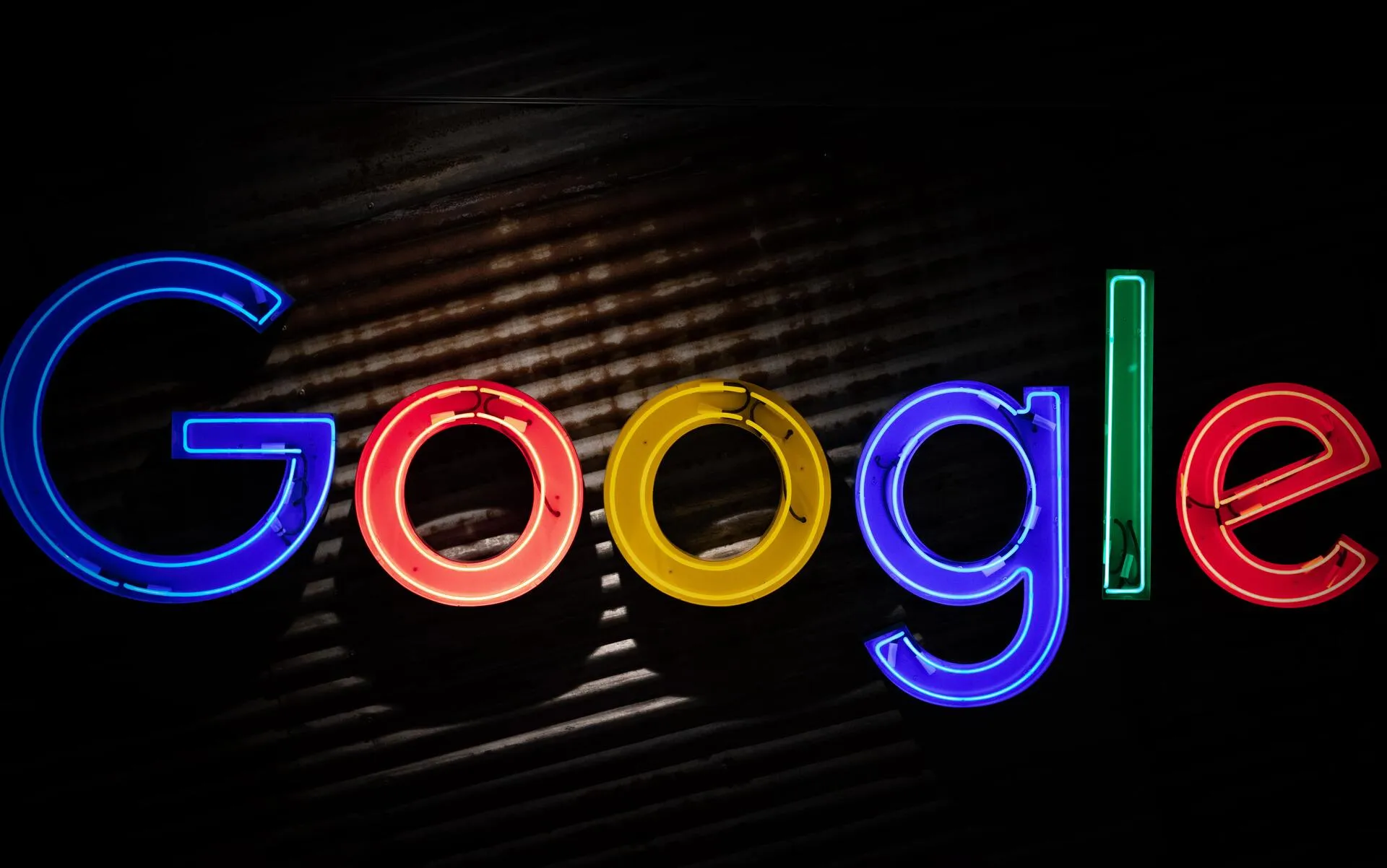SEM Search Engine Marketing
With our SEM Search Engine Marketing, you can get the most favourable position in the SERPs (search pages) for your targeted keywords by using Google PPC keyword ads at the best advertising rates, and make your business come to you.








Services
Our SEM Services
Keyword Planning Strategy
Keywords are the bridge between the search engines and your website, so planning keywords is at the heart of SEM services. Our team will help you to define the best keyword strategy for your business.
Google Remarketing
Google Remarketing allows potential customers who are interested but have not purchased to see your service or product again and have the opportunity to become your customers.
Google Search Ads
Google Search Ads makes your website visible, accurate placement of Google Search Ads will be more effective for customers to find your company.
Google Multimedia Advertising Network (GDN)
Google GDN allows your ads to appear on different websites, so you can find the right customers based on different customer behaviours.
Bing + Yahoo Ads
Bing + Yahoo Search Ads puts your website in front of your eyes. Accurately placing Bing + Yahoo Search Ads will be more effective for customers to find your company.
Google Shopping Ads
Google Shopping Ads make your products appear in the most prominent position on the search page, which is more effective for customers to buy your products.
What does SEM mean?
SEM stands for Search Engine Marketing. SEM involves placing advertisements in search engines through paid advertisements, such as Google Ads, to increase exposure and traffic to a website. Through SEM, advertisers are able to display their adverts on search result pages in a paid manner. Attract potential customers to click through to their website.
What are the benefits of SEM?
SEM (Search Engine Marketing) can increase your website's exposure and traffic in a short period of time. Through SEM, you can precisely target your advertising audience, attract potential customers and increase brand awareness. SEM provides detailed data and analysis to help you understand the effectiveness of your ads, including click-through rates, conversion rates, and more. An effective SEM strategy can increase visits to your website and improve sales and business conversion rates. SEM can deliver a high return on investment through careful management of ad budgets and keyword selection. .
Why should I hire an SEM service company?
We have the expertise and experience to help develop effective advertising strategies to increase a website's exposure in search engines. We understand the different platforms and tools available to maximise the benefits of advertising and tailor our solutions to the needs of our clients. We are able to continually monitor the effectiveness of ads, analyse and make adjustments to ensure that SEM strategies are maximised. We can save time and effort, allowing clients to focus on business operations without worrying about ad management and optimisation. We have more resources and tools to provide professional reports and analyses to help our clients understand the rate of return on their advertising investment.

Searchingineer
Searchingineer
Searchingineer
Hong Kong SEM Expert
Hong Kong SEM Expert
Hong Kong SEM Expert
SEM charges
SEM / PPC Ads Service Fee
HK$200 onwards per keyword per month
Pay Per Click (PPC) Search Engine Advertising
AI Budget Optimisation Proposal
Keyword Planning Strategy
Google Ads Settings
Copywriting proposal
Monthly PPC Report
HK$3888 Monthly
Google Display Network (GDN) Advertisement
Advertising Content Proposal Collaboration
GDN Advertisement Settings
SEM FAQ
SEM Frequently Asked Questions
- SEM (Search Engine Marketing) can immediately increase exposure and traffic to your website.
- With SEM, you can precisely target your advertising audience, increase brand awareness and directly attract potential customers.
- SEM advertising can be controlled and adjusted according to the budget, which helps to increase the return on advertising investment.
- It provides detailed data and analytics to help you understand the effectiveness of your ads, including click-through rate, conversion rate, etc., which helps to optimise your strategy.
- SEM is a fast, flexible and measurable marketing method that delivers immediate results and benefits to business.
- SEM (Search Engine Marketing) adverts usually appear on search engine results pages.
- In search engines, SEM ads are usually labelled as "ads" and appear at the top or bottom of the search results page.
- SEM ads may also appear in the sidebar of the search results page, depending on the search engine and settings.
- In addition to search results pages, SEM ads may also appear on partner sites, apps, or in ad placements on specific networks.
- SEM (Search Engine Marketing) is a broad marketing strategy that includes the use of various search engines for marketing purposes.
- Google Ads is an SEM tool provided by Google to place advertisements on Google's search results page and its partner websites.
- Google Ads is an implementation of SEM, but SEM encompasses a wider range of marketing, not only on the Google platform, but also on other search engines.
- The effectiveness of SEM (Search Engine Marketing) varies depending on a number of factors, including the level of competition, budget, and quality of the advertisement.
- Typically, SEM is a real-time advertising method where your advert is immediately displayed in the search results page.
- It may take a while to see the full effect and data needs to be collected and analysed to optimise the advertising strategy.
- Initial placement of advertisements may result in click-through rates and exposure, but to see the full effect, continuous optimisation of advertisements and placement strategies is required.
- The time to results depends on your goals, budget, competitive situation and the effectiveness of your strategic adjustments.
Of course you can, but you need to be aware of the following.
- Limited expertise and experience: Lack of expertise and experience in the SEM field may make it difficult to develop and execute efficient advertising strategies.
- Time and resource investment: It takes a lot of time to learn SEM techniques and constantly optimise your ads, which can distract from the focus of your business operations.
- The need for continuous learning and updating: SEM is an ever-changing field that requires constant learning of new technologies and strategies to cope with market changes.
- SEO (Search Engine Optimization) refers to the optimisation of website structure, content and technology to improve the natural ranking of websites in search engines.
- SEM (Search Engine Marketing) is the process of placing advertisements in search engines to increase the exposure and traffic of a website through paid advertisements (e.g. Google Ads).
- SEO is natural and unpaid, with results displayed in organic search results, whereas SEM is paid advertising, appearing in advertised positions on the search results page.
- SEO is a long-term strategy that takes time to accumulate, whereas SEM has immediate results but requires constant investment and payment to maintain ad exposure.
- SEO relies heavily on website content, structural optimisation, and natural ranking enhancement, while SEM relies on advertising budgets, keyword bidding, and advertising effectiveness.
- PPC Search engine advertising is the placement of adverts on search engine result pages, where adverts are displayed when users enter specific keywords into the search engine. GDN adverts appear on Google's ad display network, such as blogs, news sites and Google partner sites such as YouTube.
- PPC Search Engine Ads are ads that are triggered based on search keywords, while GDN ads are chosen to be displayed on partner websites based on the target audience, content theme or other factors.
- PPC search engine adverts usually appear as text adverts on search result pages, whereas GDN adverts can be graphic, video or text adverts that are displayed on a variety of forums on partner websites.
- PPC search engine adverts focus mainly on user search intent, while GDN adverts rely more on display and user web content appeal.

